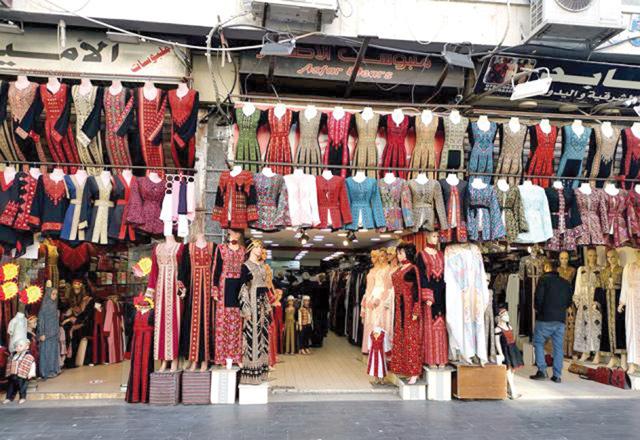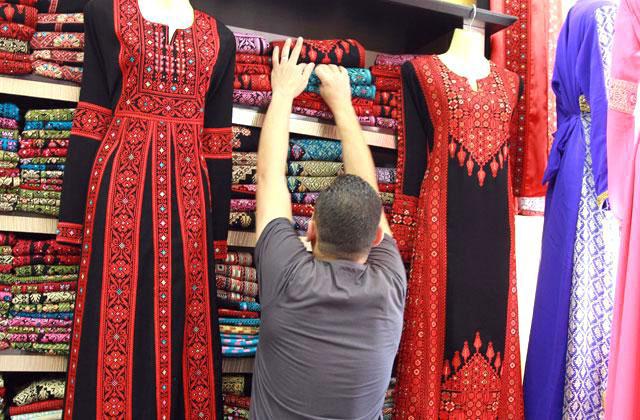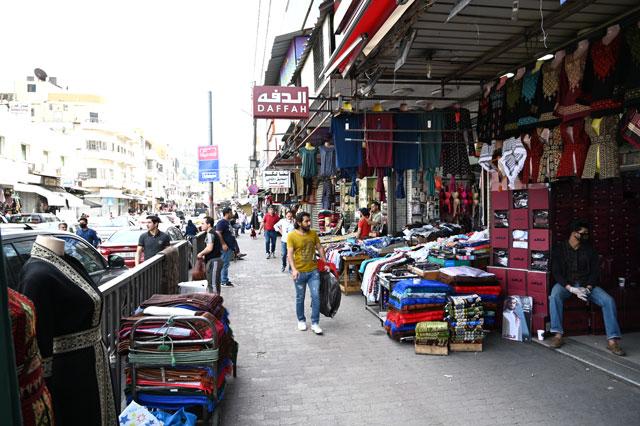You are here
Demand for clothing, footwear picks up as eid nears
By Batool Ghaith - Jul 18,2021 - Last updated at Jul 18,2021

There is currently a high demand to buy Eid Al Adha clothes and footwear, according to Jordan’s Textile and Readymade Clothes Syndicate (File photo)
AMMAN — There is currently a high demand to buy Eid Al Adha clothes and footwear, which is expected to grow in the coming days, according to Jordan’s Textile and Readymade Clothes Syndicate President Munir Deyyeh.
Deyyeh indicated that the demand for Eid Al Adha clothing and footwear has gradually increased since public sector employees’ salaries were paid on Thursday. However, the demand is still lower than it was in previous years, Deyyeh stated.
“This year’s demand cannot be compared to past years because it is much lower than the demand in previous eid seasons. It is evident that the pandemic is still affecting the economic sectors and citizens’ income, causing markets to suffer from citizens’ low purchasing power,” Deyyeh told The Jordan Times on Saturday.
Deyyeh also noted that since the start of July, the clothing and footwear sector has rebounded, coinciding with the reopening of other businesses and venues, such as wedding halls and wedding shops.
According to Deyyeh, there has been a 35 per cent decrease in imports from the previous year. Deyyeh noted that market instability, high sea freight costs and the pandemic have negatively impacted the Kingdom’s clothing and footwear imports. The total value from clothing and footwear imports was only JD90 million during the first half of 2021, compared with JD120 million in the first half of last year, he added.
Deyyeh said that the government has issued Defence Order 31 to set a price ceiling for sea freight costs, which was “a good step in the right direction, but it is not enough”.
“To deal with the rise in global prices, we proposed to the government to lower the sales tax and remove the calculation of customs and tax charges on sea freight. These are crucial tools for avoiding price hikes,” Deyyeh said.
He pointed out that in September, if the necessary measures are not implemented, prices will rise by at least 20 to 30 per cent.
Related Articles
AMMAN — Global sea freight rates have increased by more than 400 per cent this year, according to the Jordan Textile and Readymade Clothes S
AMMAN — The clothing sector recorded JD200 million in losses, as nearly 700 establishments in the clothing and textile sector were closed an
AMMAN — Despite an increase in purchasing activity in the clothing and footwear sector, the current year’s records are below past years’ ave
















